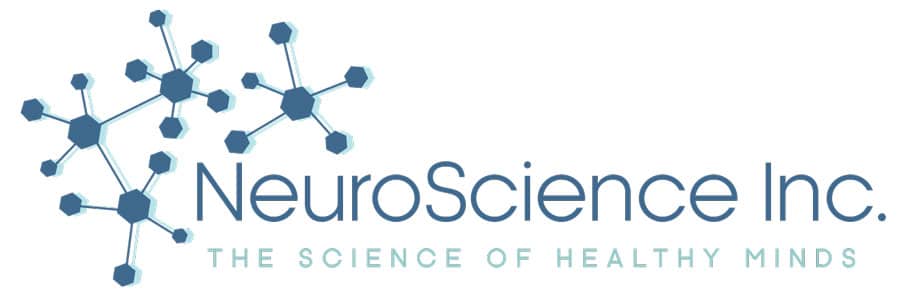
DBT Group for Teenagers – Starting July 11th
Meeting Wednesdays July 11th – August 15th at 5PM.
There will be 6 weekly sessions, each 60 minutes in length.
Cost: $125/session. All materials will be provided.
Call (703) 787-909 to sign up or fill out the form to register.
Participants will work on changing unhealthy thoughts and behaviors through Dialectical Behavioral Therapy.
- Learn the core principles of DBT (mindfulness, emotional regulation, distress tolerance, interpersonal effectiveness) to use in their daily lives.
- Learn how to recognize the triggers that cause maladaptive thoughts and behaviors
- Develop tools to manage strong emotions, to tolerate uncomfortable feelings, and to use coping skills to minimize undesirable reactions
- Experience acceptance, social support, reinforcement, and peer modeling opportunities
- Develop individual goals and commit to practicing skills in the interim between sessions.
Mindfulness: Mindful awareness serves as the foundation for all DBT skills, since it teaches individuals to recognize and tolerate emotions that arise in troublesome circumstances. Clients use their five senses to be attentive to the present moment — to pay attention with perspective and without judgment. Techniques such as the Body Scan and Mindful Meditation help with focus, awareness, and nonjudgmental acceptance.
Emotional Regulation: DBT teaches clients to reduce angry, frustrated, anxious thoughts through being mindfully aware of intense emotions, labeling them, removing obstacles to changing emotions, increasing positivity, and using distress tolerance methods.
Distress Tolerance: DBT assists with accepting or tolerating situations rather than becoming overwhelmed by them. Clients develop the ability to self-soothe or handle unpleasant emotions calmly rather than avoiding them or overreacting. Skills include accepting a situation for what it is; being open to change; imagining pleasant situations and scenes; finding meaning or purpose in feelings; relaxing one’s muscles; breathing deeply; taking breaks; and giving oneself encouragement.
Interpersonal Effectiveness: Clients learn self-respect, assertiveness and problem-solving as interpersonal response patterns. They learn to communicate using appropriate language, to say no, to ask for what they need, to stay calm, to use humor, and to listen to and validate others in order to strengthen relationships.
